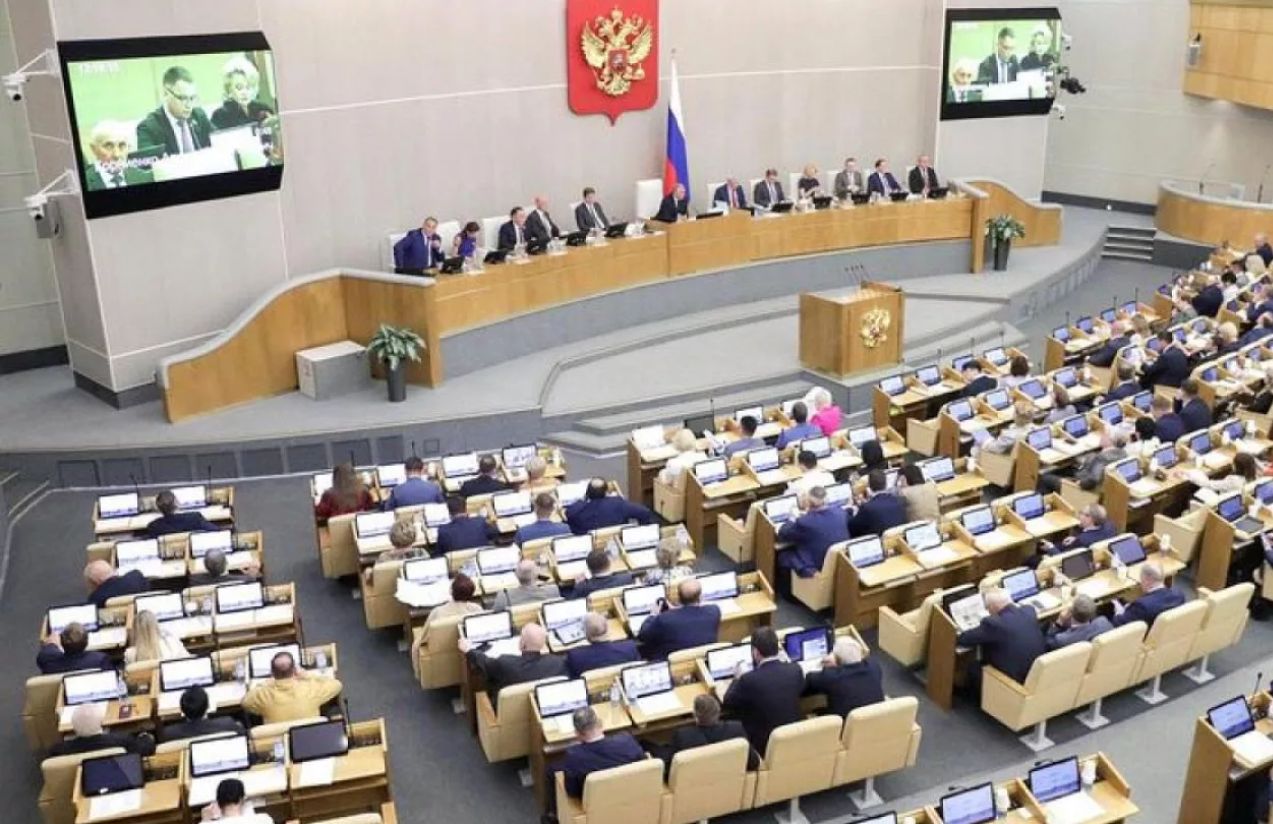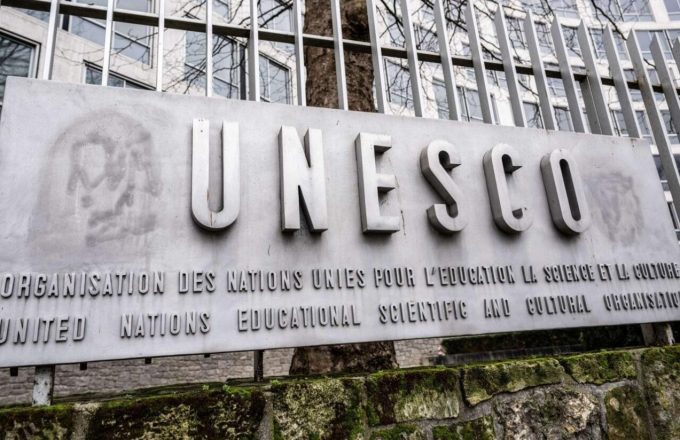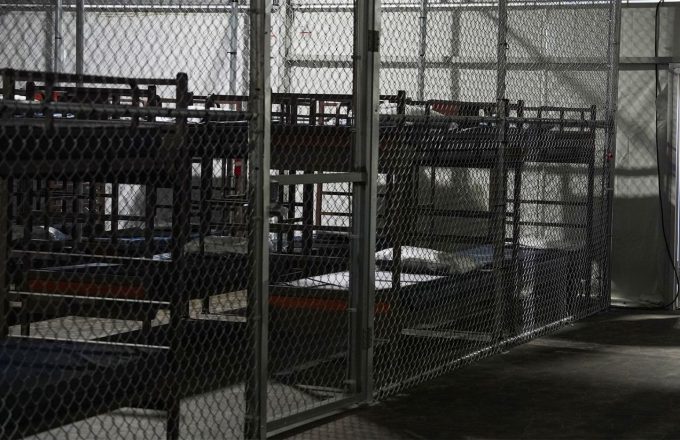Russia’s upper house of parliament swiftly approved a new bill on Friday that criminalizes online searches for information officially labeled as “extremist.” The measure is the latest in a series of efforts by the Kremlin to tighten its grip on internet access.
Under the new legislation, “deliberately searching for and accessing extremist materials” online will be considered a criminal offense, punishable by fines of up to $64. The bill, which had already cleared the lower house earlier this week, now awaits President Vladimir Putin’s signature to become law.
Russia’s official definition of extremism is broad and vague, encompassing opposition groups such as the Anti-Corruption Foundation—founded by the late opposition leader Alexei Navalny—as well as the international LGBT movement.
Authorities have not explained how they intend to monitor or identify individuals who violate the law. Officials claim that average internet users will not be affected, insisting the law targets those who methodically seek out banned content. However, no specifics have been given on how these distinctions will be made.
Many Russians rely on VPN services to bypass censorship, but the government has stepped up efforts to crack down on their use and close legal loopholes. The state communications watchdog has increasingly turned to advanced technologies to monitor web traffic and block specific VPN protocols.
Since Russia’s invasion of Ukraine in February 2022, the crackdown on dissent has intensified. Internet censorship and prosecutions for social media posts and comments have surged.
Independent media outlets and human rights groups have been forced to shut down or go into exile after being labeled as “foreign agents” or “undesirable organizations.” Meanwhile, hundreds of activists and Kremlin critics have faced criminal charges.




















